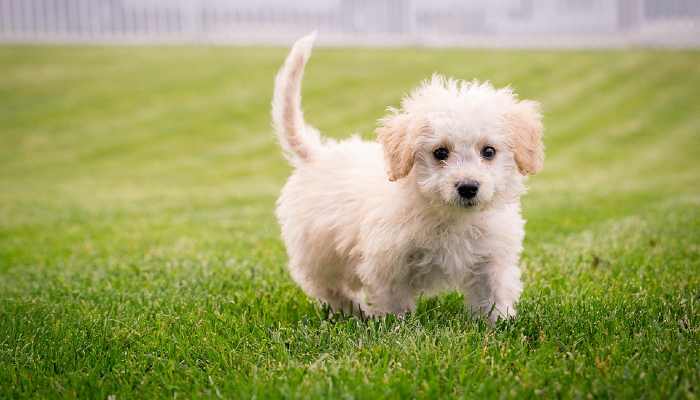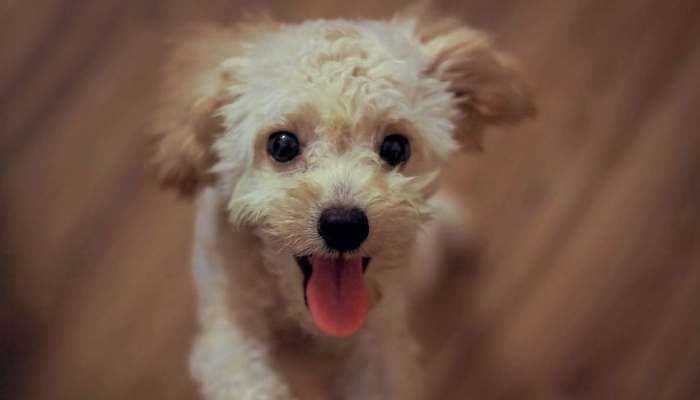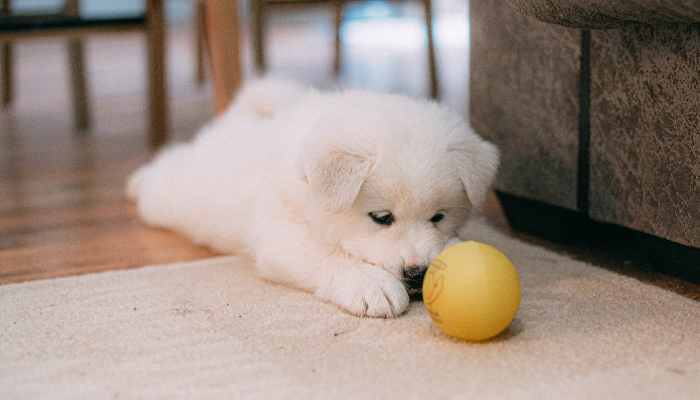A fun and unforgettable event is bringing a new dog home. It’s an exciting time, full of delight and perhaps even a little bit of anxiety. There is more to getting ready for the arrival of your new barking buddy than merely stocking up on supplies and clearing space in your house. It’s crucial to conduct research, learn about the breed, and become aware of the obligations that come with puppy ownership. The first few days with your new puppy may be a beautiful and gratifying experience with a little preparation and patience.
Preparing for the arrival
– Puppy-proof your home: Take a look around your home and remove any potential hazards or items that you don’t want your pup to chew on.
– Stock up on supplies: Make sure you have all the necessary supplies, such as a dog food, collar, leash, toys, and maybe a crate if you plan to use it.
– Set up a designated sleeping area: Choose a spot for your puppy to sleep, such as a crate or a small room, and set up a comfortable bed or crate for them.
The arrival
A crucial first step in helping your new puppy in settling in to their new environment is introducing them to their new home. Take your puppy on a tour of your house, show them all the different rooms and areas where allowed to go. Show them where to sleep, where to get food and water, where to use the toilet, and of course, where to find all the toys. Give your puppy plenty of time to help them explore and get comfortable in their new home.
Puppy introduction to family members is another crucial step in the process of bringing them into your home. Take things slow and give your pup time to get comfortable with each person. Choose a quiet room or area where you can keep an eye on your puppy and make sure they are comfortable. Let your puppy approach family members on their own terms and not force them to interact.
The first week
One of the first steps with a new puppy should be to establish a routine. A routine will also aid in teaching your pup the norms of your home and what is expected of them. Their routine includes a consistent feeding schedule, regular times for playing and exercising, and taking your pup outside to go to the bathroom at the same times each day.
If you plan to use crate, than crate training can be a useful tool for housebreaking your puppy and teaching them good behaviour, as well as many puppies find comfort in the confinement of a crate and may use it as a safe space when they are feeling anxious or overwhelmed. A crate is also useful for safely transporting your puppy when travelling by car or plane.
Feeding your new puppy is an essential part of their life, promoting their growth, and ensuring their well-being. When it comes to feeding your puppy, keep the following things in mind: Your veterinarian can recommend the appropriate type and amount of food for your puppy based on their age, size, and breed. Choose only high-quality puppy food that meets the nutritional needs of your new puppy. It’s generally recommended to divide your puppy’s daily food into smaller meals, like 3 meals rather than feeding them all at once. Make sure your dog always has access to fresh, clean water, and to avoid contamination, frequently replace it and regularly clean their water bowl.
To raise your new puppy into a well-mannered and adjusted adult dog, start to train them as young as possible. Basic orders like “sit”, “leave”, “stay”, and “come” can help you establish yourself as the pack leader and be practical in everyday situations. There are several different training methods to choose from, such as positive reinforcement, clicker training, and more. Choose the one that you feel comfortable with and that aligns with your training goals. Giving treats as rewards for good behaviour can be a useful tool, choose small, low-calorie treats that your puppy will find irresistible. Use the same commands and techniques throughout your training to maintain consistency. Your puppy will learn what is expected of them thanks to this.
Socialization is an important aspect of a puppy’s development, so start it as early as the first week. It helps them learn how to interact with other dogs and people and can have a major impact on their behaviour as they grow into adulthood. Well-socialized puppies are less likely to be scared or aggressive and more likely to be friendly, confident, and well-adjusted. When pups are young, it’s crucial to expose them to a range of people, animals, and places so they may learn how to act appropriately in various circumstances. In addition to making puppies more fun to be around, this can help reduce the emergence of behavioural issues.
The first month
Due to the key period for learning and growth during the first few months of a puppy’s life, socialisation is crucial, be consistent about it. When a puppy is young and still learning, it is much simpler to teach them acceptable behaviour among people and other pups than it is to try to change undesirable behaviours that have already taken hold, so its advisable to continue the training and socialization process.
Puppies have a lot of energy and are naturally curious, which can make them a handful to manage at times. Take your pup for walks and runs, and playing fetch or other active games, can help burn off some of their excess energy. You can help keep your puppy mentally engaged and tired by giving them toys and puzzles that challenge them to employ their problem-solving abilities. If your puppy is getting into something they shouldn’t, try redirecting their attention to a more appropriate activity or toy.
Vet check-up is due in the first month, but the best would be as soon as possible after bringing them home. This will allow the veterinarian to assess the puppy’s overall health and identify any potential health issues that need to be addressed. They perform a physical examination, administer any necessary vaccinations, as well as discuss feeding and care. It is good to establish a relationship with a veterinarian early on, as they will be an important resource for you as your puppy grows and develops.
In conclusion, a new puppy’s first few days can be exciting and rewarding, but they can also be difficult as you and your puppy get used to each other and the new surroundings. It’s good to be persistent and patient in your training and socialisation efforts, as well as to give your puppy a secure environment. Your new puppy will quickly become a cherished member of your family with love, care, and the right training.




